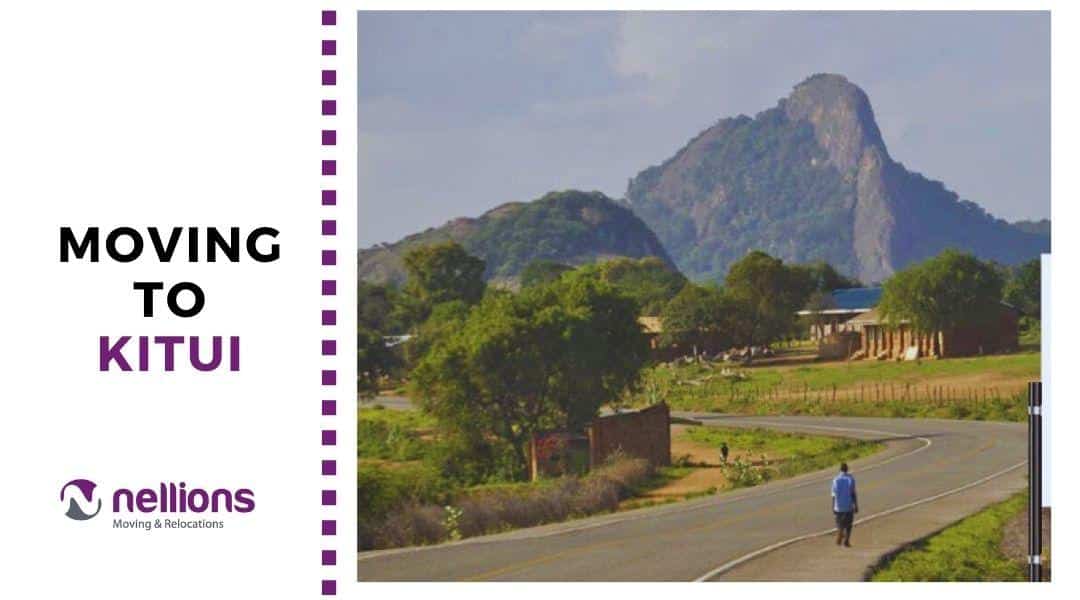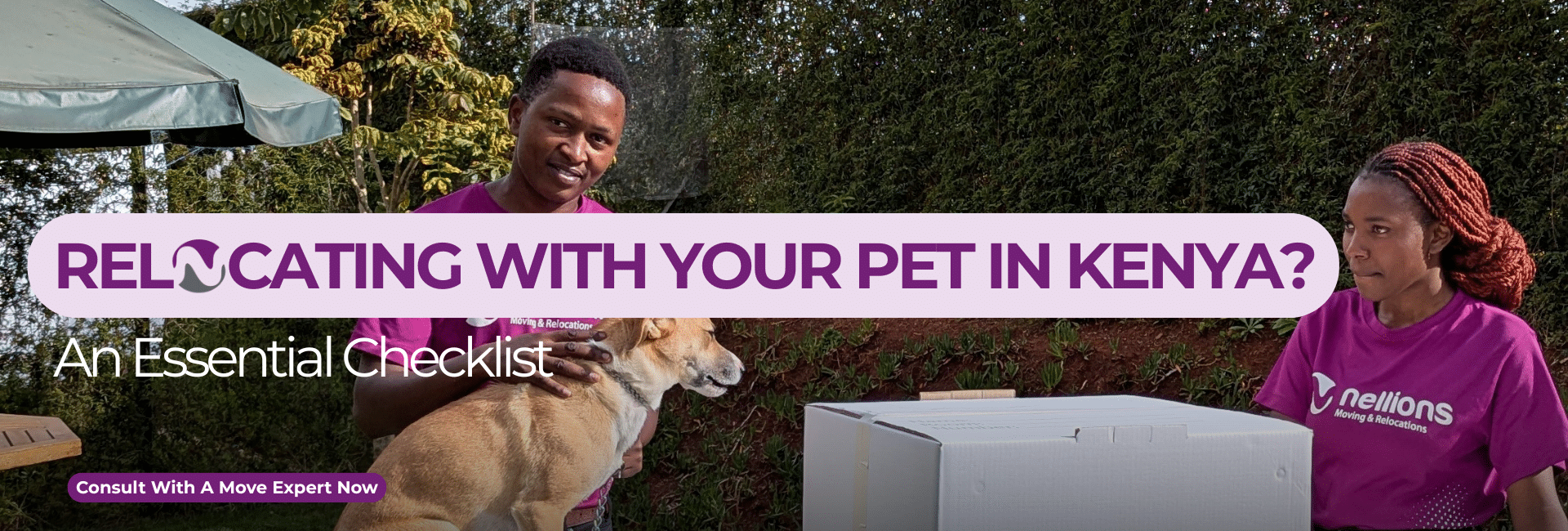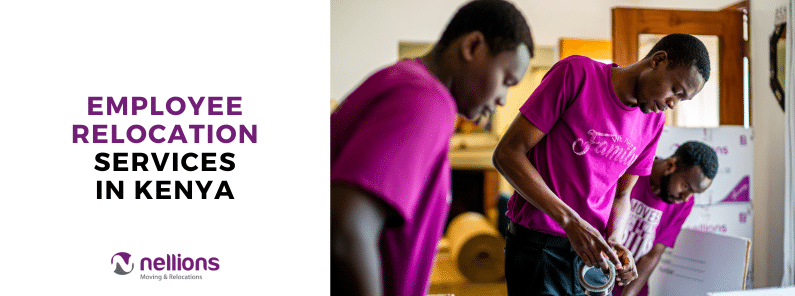Welcome to Kitui, a hidden gem in the heart of Kenya, offering a unique blend of cultural richness, economic opportunity, and serene landscapes. Whether you’re considering relocating your business or seeking a peaceful residential haven, Kitui presents a world of possibilities.
Kitui means, “A place where iron goods are made,” and was given by Kamba iron-smiths who settled in the area during the pre-colonial period. A large majority of residents in Kitui are the Kamba people, followed by the Tharaka from Tharaka Ward and a sizeable Somali and Swahili population. Other communities, such as the Luo and Kikuyu can be found mostly in the urban areas.
Kitui’s Contribution to Kenya’s Prosperity
The County is home to various universities and colleges, including the Kenya Medical Training College (KMTC), Kenyatta University – Kitui Campus, and the South Eastern Kenya University (SEKU).
Impactful Children of Kitui
Kitui County holds a distinguished place in Kenya’s legal history, being the birthplace of two of the nation’s most esteemed legal figures – Dr. Willy Mutunga and Kitili Maluki Mwendwa. Their remarkable contributions have not only shaped the legal landscape in our region but have also left an indelible mark on the national stage.
Kitili Maluki Mwendwa: A Trailblazer in the Judiciary
Kitili Maluki Mwendwa, serving as Chief Justice from 1968 to 1971, holds the distinction of being Kenya’s first African Chief Justice. His tenure was a symbol of Kenya’s growing independence and self-determination in the post-colonial era. Mwendwa’s leadership in the judiciary set a precedent for future generations, showcasing the potential of Kenyan legal minds. His contributions have been instrumental in shaping the judicial landscape of the country, making him a revered figure in Kitui’s rich history.
Dr. Willy Mutunga: A Legal Luminary
Dr. Willy Mutunga’s tenure as Chief Justice of Kenya (2011-2016) was marked by significant reforms and progressive changes in the judiciary. His commitment to upholding the rule of law and his advocacy for human rights have been pivotal in enhancing the judicial system in Kenya. Dr. Mutunga’s approach to justice, characterized by integrity and fairness, has been a source of inspiration for many aspiring legal professionals. His legacy continues to influence the Kenyan legal framework, making him a true icon of justice from Kitui County.
Hon. Nyiva Mwendwa: Breaking Barriers in Politics
Kitui’s legacy of trailblazers includes Hon. Nyiva Mwendwa, a formidable figure in Kenyan politics and the first Kenyan woman to serve as a Cabinet Minister. Her appointment, years after her husband’s death, was a monumental step towards gender equality in Kenyan politics. Hon. Nyiva Mwendwa’s resilience and dedication to public service have made her an enduring role model for women in leadership across the nation.
Embracing Devolution: Kitui’s Governors
In the spirit of devolution, Kitui County has seen transformative leadership under its governors. Each governor has brought unique strengths and visions to the forefront, contributing to the county’s development and prosperity. Their governance reflects Kitui’s dynamic political landscape and its ongoing commitment to progress and community empowerment.
Governor Julius Malombe (2013-2017)
Dr. Julius Malombe’s initial term laid the groundwork for development in Kitui, focusing on improving local infrastructure, healthcare, and education. His efforts towards enhancing water accessibility and agricultural productivity have had a lasting impact on the county’s socio-economic development.
Governor Charity Ngilu (2017-2022)
As the first woman to lead Kitui County, Charity Ngilu’s tenure was marked by ambitious projects aimed at empowering women, improving healthcare services, and promoting sustainable development. Her initiatives, such as the ‘Ndengu Revolution,’ aimed to boost food security and income for local farmers, showcasing her commitment to transforming the county’s economic landscape.
Governor Julius Malombe (2022-)
Returning to office, Governor Julius Malombe has continued to prioritize development projects that address the needs of Kitui’s residents. His focus on enhancing service delivery, further developing infrastructure, and promoting local industries is aimed at ensuring sustainable growth and improving the livelihoods of the people in Kitui.
A Legacy of Legal Excellence and Progress
Kitui County’s contribution to Kenya’s prosperity is marked by its exceptional sons and daughters who have excelled in the judiciary, politics, and beyond. The legacies of Dr. Willy Mutunga, Kitili Maluki Mwendwa, and Hon. Nyiva Mwendwa, alongside the visionary leadership of its governors, continue to inspire and guide the county towards a future filled with promise and achievement.
As we celebrate these luminaries, we are reminded of the profound impact that individuals from our county have had on the national stage. Their dedication and achievements in the field of law underscore Kitui’s significant role in contributing to Kenya’s prosperity and legal advancements.
In this comprehensive guide, we’ll explore the essential aspects of moving to Kitui, backed by insights from Nellions, your trusted partner in seamless relocation experiences.
Factors to Consider When Moving to Kitui
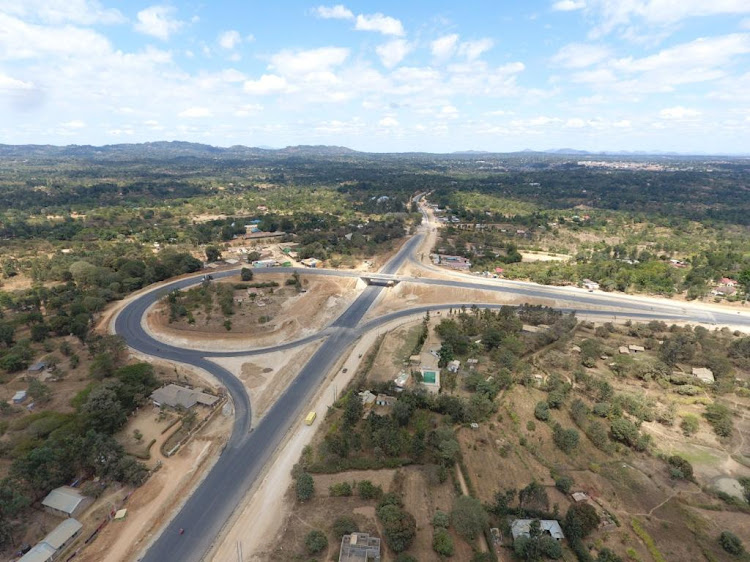
Kibwezi-Migawani Road in Kitui. Image credits: The Star
Kitui, the 12th largest urban center in Kenya, is not just a place; it’s a thriving hub of opportunity. With a diverse population of over 1 million, Kitui is a melting pot of cultures and economic activities.
If you are planning to relocate to Kitui, you should consider the following important factors:
1. Economic Activities in Kitui
The main activities in Kitui include farming of cotton, tobacco, coffee, mangoes, and livestock keeping. A substantial faction, especially dwellers in urban centers, are transitioning to non-agricultural industries, such as hospitality, mechanics, and mini-markets. The county is also resource-rich with commercially viable minerals, such as coal, sand, iron ore, and limestone.
2. Cost of Moving to Kitui
Relocating to Kitui involves various expenses, from hiring movers to transporting large items. Moving costs vary based on distance, shipment type, and additional services. To avoid surprises, research and budget for these expenses. Remember, investing in a reliable moving service like Nellions can save you time and stress.
Pro Tip: Get a detailed quote from your moving company to plan your budget effectively.
3. Infrastructure in Kitui
Kitui is divided into arid and semi-arid lands characterized by low access to enhanced water sources and poor road infrastructure. The county government of Kitui is committed to infrastructure development and financial assistance to open up the towns and business centres to investors from all over the country and East Africa.
4. Merging Business and Employee Needs
When choosing a location in Kitui, consider the specific needs of your business and employees. Whether you need a bustling urban area for foot traffic or a serene neighborhood for a peaceful work environment, Kitui offers diverse options. Understanding these needs beforehand ensures you select the most suitable location for your business and employee relocation needs.’
5. Kitui’s Business Environment
You can monitor key issues that require policy intervention to create an enabling environment for your business using the County Business Environment for MSEs (CBEM) framework. According to the framework, the main areas of inspection include the market environment, governance and regulatory requirements, financial and technical capacity, and the worksite and infrastructure.
6 of the Best Neighbourhoods to Move to in Kitui
Kitui is more than just a business destination; it’s a place to call home. The cost of living here is more affordable compared to Nairobi, offering a range of housing options from cozy apartments to spacious standalone houses.
There are several commercial and residential units for renting and buying in Kitui and the cost of living is relatively lower than in Nairobi and other parts of Kenya. These units include apartments, standalone houses, bungalows, mansions, and commercial rental units. Notable neighborhoods and urban centers to relocate to in Kitui include Mwingi, Kabati, Kwa Vonza, Migwani, Mutonguni, Mutomo, Mbitini, and Kyuso.
Let’s dive into some of Kitui’s most sought-after neighborhoods:
Moving to Mwingi
Mwingi is nestled along the A3 Road between Nairobi and Garissa, 47 kilometers North of Kitui Town and 200 kilometers East of Nairobi. The urban center has a population of 15,970. The municipality boasts prominent secondary schools that serve the region and the sub counties of Migwani, Tseikuru, Kyuso, Central, and Mwingi East.
Movers to Mwingi can expect to encounter a lot of tourist attractions, from the Mwingi National Reserve spanning 755 square kilometers of acacia woodlands, open savannah, and rivers, and the Ngomeni Rock. Residential and commercial units are developed by the municipality and private investors who list them for rent or sale in various outlets.
Moving to Kabati
Kabati is a trading center about 20 kilometers West of Kitui Town along the Kibwezi-Kitui Road. Residential units consist of mostly apartments, such as Kalumus Paradise, Whitehouse Apartments, Symonia Cabins, and Igloos Apartment, among others. The Kabati environment is serene and it offers proximity to social amenities such as schools, bars and restaurants, and recreational centers. Movers to Kabati can expect to find one and two-bedroom apartment units and some standalone houses.
Moving to Kwa Vonza
Kwa Vonza is rapidly urbanizing, thanks to the establishment of SEKU and Kenyatta Universities in the area. The population rose from 7000 to 35000 from 2009, and is projected to exceed 50000 in 2020. Movers to Kwa Vonza in Kitui can expect to find affordable rental units for sale and rent around the region’s open market layout.
The only downside to the region is reduced access to water resources which may hinder the town’s growth. However, private residential and commercial property developers and the County Government are committed to providing a comfortable stay and improved standards of living for residents and visitors.
Moving to Mutonguni
Mutonguni is a settlement division in Kitui, elevated at 1272 meters above sea level. Movers to Mutonguni can move into popular neighborhoods in Katheka, Ndolo’s Corner, Katheka, Kaimu, and Tulia. The distance to Kitui Town from Mutonguni is about 21 kilometers and about 130 kilometers to Nairobi.
Moving to Mbitini
Mbitini is a fast-growing market center located about 40 Kilometers South East of Kitui Town. The region has a population of 24, 858 people majority of whom are peasant farmers. Mbitini is renowned for its traditional doctors who represent the cultural heritage of the Kamba people.
Moving to Mutomo
Mutomo is a budding urban center about 70 kilometers from Kitui and 23o kilometers from Nairobi. The region is accessible by road through Kibwezi and Machakos. With the expansion and development of the Kitui-Kibwezi highway, movers to Kitui can expect more opportunities for business investment in the region.
Prominent social amenities in Mutomo include St. Patrick’s and Mutomo Mixed Schools and Mutomo Girls and the Mutomo Mission Hospital. The place is rich in limestone and coal deposits, which make it a suitable investment hotspot for mining companies.
Best Movers to Kitui: Nellions Moving and Relocations Company
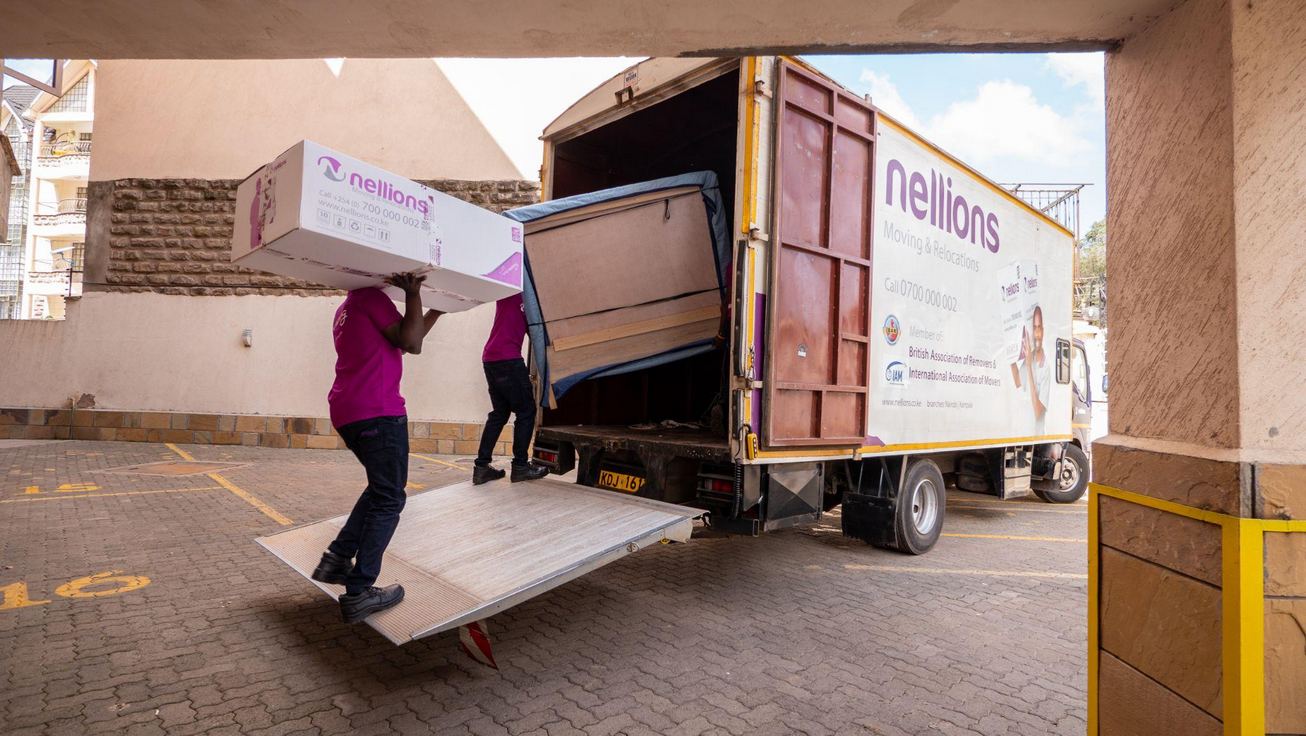
Are you planning to move to Kitui soon? We have comprehensive knowledge of the region and years of relocation expertise.
Give us a call at +254700000002 or contact us at move@nellions.co.ke and let us help you with your move.




